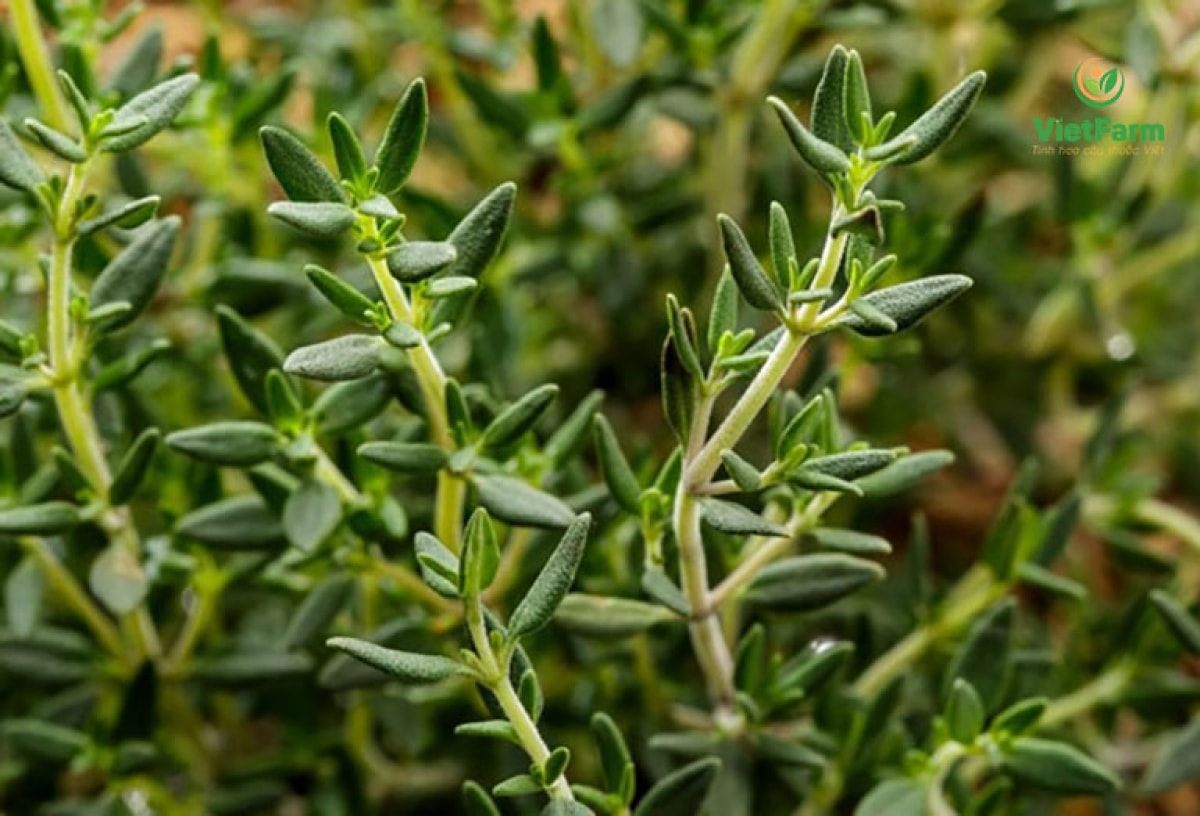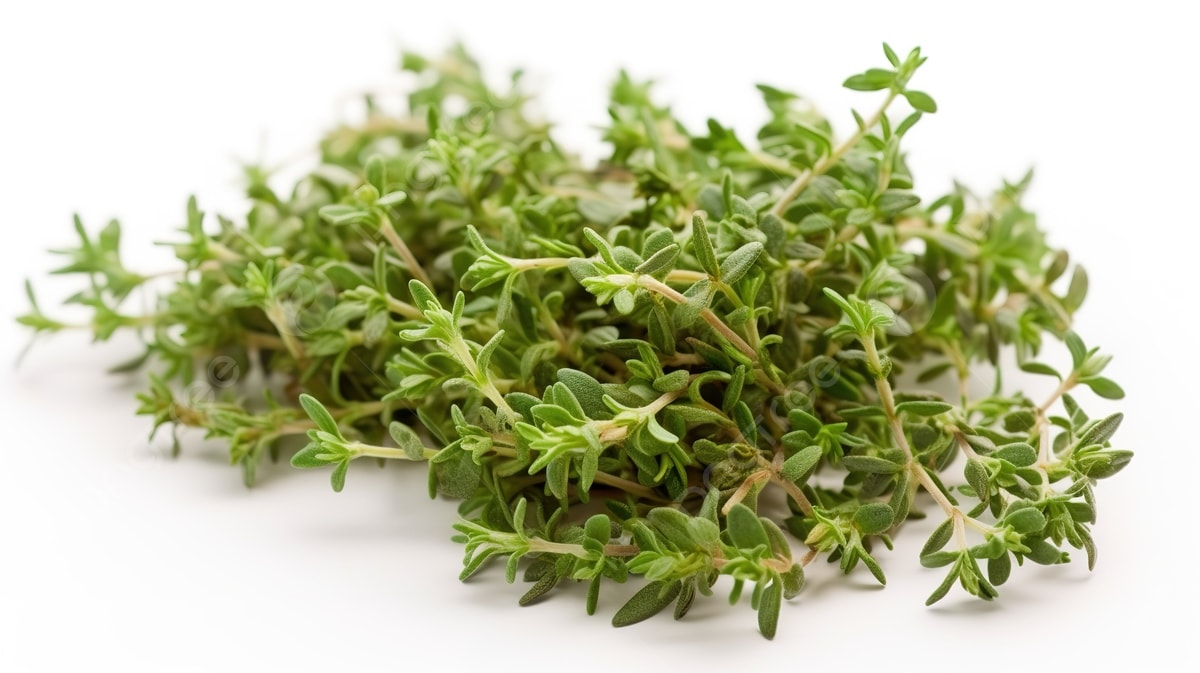Unexpected uses of thyme
Thyme is known for its many medicinal benefits. The leaves, flowers, and oil of thyme have been used to treat various ailments such as colds, coughs, and other respiratory ailments.
Nutritional value of thyme
Thyme is rich in phytonutrients, vitamins, and minerals that are essential for growth and overall health of the body. Thyme contains thymol, an essential oil with antifungal and antiseptic properties. Thyme also contains phenolic antioxidants such as zeaxanthin, lutein, apigenin, naringenin, luteolin, and thymonin.
Thyme leaves are rich in potassium, calcium, iron, manganese, selenium, and magnesium – all of which are essential for normal body functions. Thyme is also a good source of vitamins, especially B-complex vitamins, vitamin K, vitamin C, and folic acid.
Thyme contains many nutritional values.
The effects of thyme
Helps improve eyesight
Thyme oil is rich in Vitamin A, a fat-soluble vitamin and an antioxidant. This is essential for promoting and maintaining healthy mucous membranes and skin. Therefore, thyme helps promote better vision. Drink thyme tea or use thyme oil to treat dry eyes.

Thyme has antiseptic and antibiotic properties, making it an effective remedy for colds and coughs. Thyme oil is one of the most powerful natural antibacterials, which is why it is widely used to treat sore throats. The high carvacrol content of this herb makes thyme essential oil one of the top essential oils for sore throat relief.

Thyme for acne and scars
Thyme has antibacterial properties, which is why it is so effective in fighting acne-causing bacteria. Thyme helps maintain healthy skin by eliminating bacteria that are responsible for various skin problems. Thyme essential oil can be diluted with water and used as a toner to tone mature skin.
Thyme promotes hair growth
Thyme promotes hair growth by improving blood circulation to the scalp. Applying thyme essential oil, or a mixture containing thyme, helps to facilitate the supply of essential nutrients to the scalp, thus encouraging hair growth. Additionally, thyme oil also prevents hair loss and thinning, and is also effective in treating dandruff due to its antibacterial properties.
Thyme cures respiratory disorders
The antiseptic and antibiotic properties of thyme make it an effective remedy for respiratory ailments such as coughs and bronchitis, as well as colds and sore throats. Thyme has been shown to be very effective in treating bronchitis.
Thyme keeps bones healthy
Thyme is a rich source of Vitamin K, iron, calcium, and manganese. These minerals play an important role in bone health, promoting proper bone growth and development and reducing the risk of bone disorders.
Thyme prevents cardiovascular disease
The combination of anti-inflammatory and antioxidant properties of thyme helps prevent chronic inflammation, a major cause of cardiovascular diseases. In particular, thyme oil is known for its antispasmodic properties, which then promote cardiovascular health. It allows the heart valves to function properly and relaxes the veins and arteries, reducing blood pressure and strengthening the heart.
Thyme helps control blood pressure
Thyme leaves are rich in potassium, an important component of cell and body fluids that helps control heart rate and blood pressure. Thyme extract has also been known to help lower blood pressure in cases of hypertension.

Thyme treats muscle cramps
Thyme has anti-inflammatory properties that make it very effective in treating menstrual cramps and any other form of spasms in the body. Thyme tea is often recommended for treating PMS in women.
Thyme has antibacterial properties
Thyme has antibacterial properties, which is why it is often used to fight infections and diseases caused by bacteria and fungi, such as E. coli. Studies have found that thyme essential oil is able to fight antibiotic-resistant strains of various bacteria, killing bacteria both inside and outside the body. Additionally, thyme tea is also used to disinfect skin and other surfaces.
Thyme for anemia
Thyme is a very good source of iron. Iron is important for the growth and development of red blood cells in the body. Since iron deficiency can cause anemia, incorporating thyme into your daily diet can help prevent anemia./.


